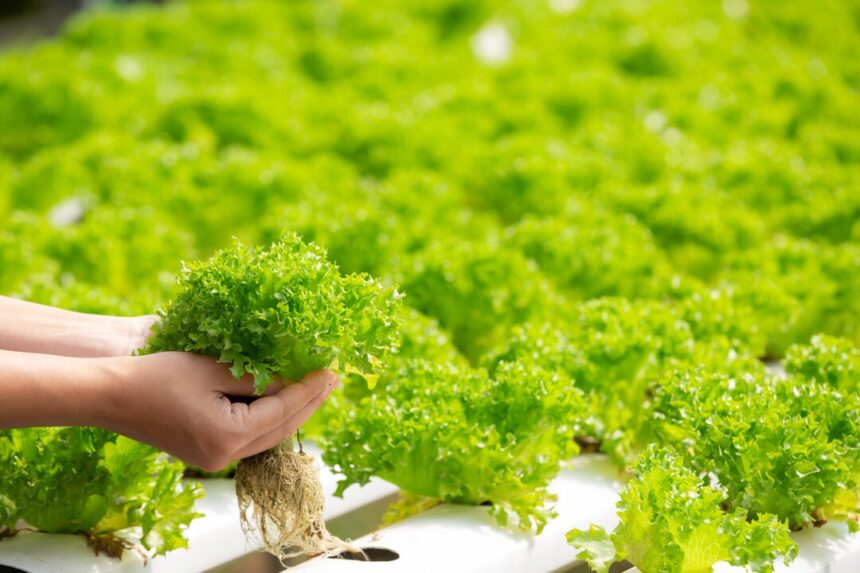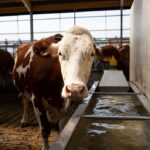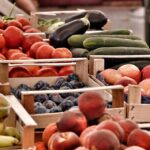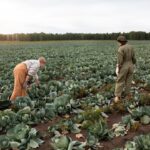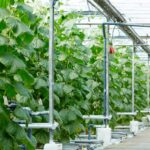Hydroponics, the soil-less method of growing crops using nutrient-rich water, is rapidly becoming a preferred farming technique among South African farmers. As climate change intensifies, water becomes scarcer, and land degradation worsens, growers across the country are turning to innovative solutions—hydroponics being one of the most promising.
The surge in interest can largely be attributed to hydroponics’ efficient use of water. Traditional farming methods rely heavily on rainfall or irrigation, both of which are becoming increasingly unreliable in South Africa’s changing climate. Hydroponic systems, however, use up to 90% less water than conventional farming, making them ideal for drought-prone areas like the Western Cape and Northern Cape.
Another major driver is the ability to produce high yields in limited space. Urban and peri-urban farmers, especially in places like Johannesburg and Cape Town, are embracing hydroponic setups on rooftops, in containers, and in greenhouses. With vertical stacking options and faster growth cycles, farmers are able to grow more produce in less time and space—making hydroponics both profitable and scalable.
South Africa’s younger generation of farmers, many of whom are tech-savvy and environmentally conscious, are also leading the hydroponics revolution. This method offers full control over growing conditions, allowing for consistent quality and minimal pesticide use. In an era where consumers are more concerned about what they eat, hydroponically grown vegetables are gaining preference in local markets and among restaurants.
Government and private sector support is helping accelerate adoption. Initiatives offering training, funding, and access to affordable technology are opening the doors for smallholder farmers to transition into hydroponics. Startups and agricultural accelerators have also been stepping in, seeing hydroponics as a sustainable solution to food security challenges across the region.
In addition to leafy greens and herbs, hydroponic farmers in South Africa are beginning to experiment with strawberries, peppers, and even tomatoes. This diversification is expanding market opportunities and reducing reliance on imported produce.
As South Africa continues to face agricultural and environmental pressures, hydroponics stands out as a resilient and forward-thinking approach to farming. By maximizing resources, improving productivity, and aligning with sustainability goals, this method is not just a trend—it’s a vital part of the future of farming in the country.
Join 'Farmers Mag' WhatsApp Channel
Get the latest Farming news and tips delivered straight to your WhatsApp
CLICK HERE TO JOIN
